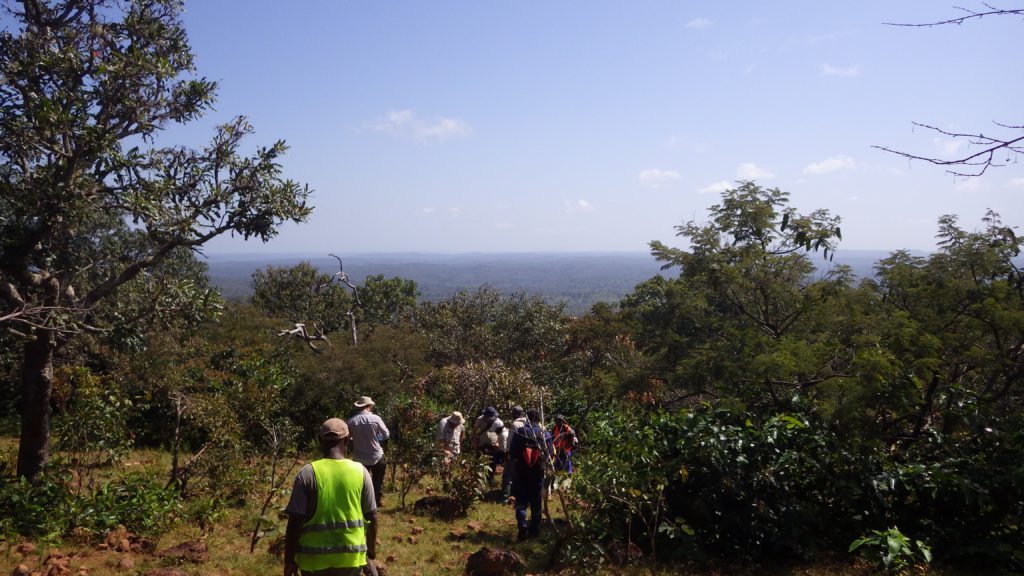Cameroon signs bauxite deal with Canyon Resources

Cameroon on Tuesday signed a bauxite mining deal worth at least $2 billion with a subsidiary of Australia-based Canyon Resources, as the central African nation seeks to become an upper middle-income country by 2035.
Camalco, the Cameroonian subsidiary of the Australian miner, will carry out the direct shipping ore (DSO) project at the Minim-Martap mine in northern Cameroon, covering an area of nearly 500 square km (123,550 acres).
“We have finally been able to bring the long [awaited], old Minim-Martap, which was known theoretically, into fruition,” Fuh Calistus Gentry, Cameroon’s interim mines minister, said at the signing event.
According to an initial 20-year agreement, Camalco will work on the Beatrice, Raymonde and Danielle plateaux in the north of the country to mine 99.1 million metric tons of proven reserves of bauxite, with 51.6% alumina and 2.4% silica.
The high-grade, low contaminant bauxite deposit is suitable for industrial production at a rate of around 5 million tons of bauxite ore annually over a period of 20 years.
Camalco will process bauxite into alumina and transport it via an existing railway line through the cities of Ngaoundere, Yaounde and Douala to the Port of Douala or the ore terminal at the Port of Kribi for export.
It will build the mine and other mining facilities to be used during the actual mining operation, as well as road infrastructure from the extraction site to the rail loading station. It will also invest in rehabilitating the existing railway network.
The mining company will also build an energy production unit, a unit to process bauxite into alumina, and dedicated port facilities.
Singapore-based Eagle Eye Asset Holdings (EEA) is helping fund the project after signing a subscription agreement with Canyon Resources last year.
Rana Pratap Singh, director general of Camalco, said the deal marks a very important milestone in the process of converting the concession into a mining permit.
“Once we have this mining permit, then all our activities will take pace with much more confidence from investors,” he told reporters at the signing, adding that serious mining operations could begin in two years’ time.
Under the deal, the Cameroonian government will own 10% of all bauxite extracted. It will also receive state concession fees and ad valorem tax, while the mining company will pay royalties to local communities.
The project will generate at least 1,000 direct jobs from the first year of production and significantly contribute to the national economy, the interim mines minister said.
The mining code stipulates that 15% of the raw material extracted must be supplied to the local market.
(By Amindeh Blaise Atabong; Editing by Portia Crowe and Marguerita Choy)
More News
{{ commodity.name }}
{{ post.title }}
{{ post.date }}




Comments